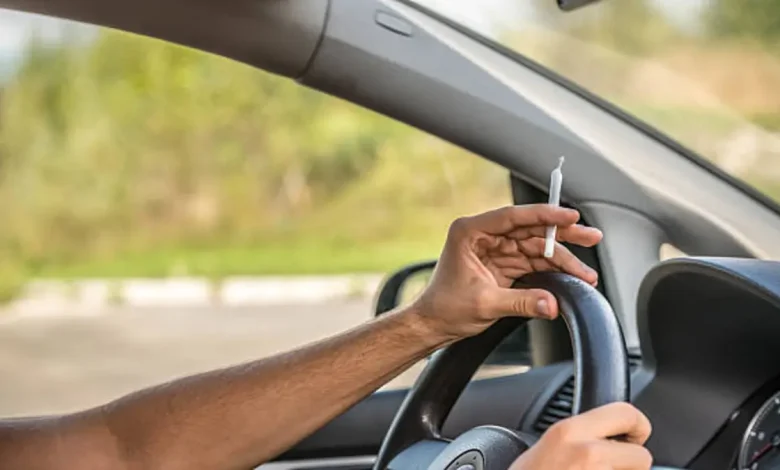Can You Get Arrested for Driving High on Cannabis?

As South Africans, many of us are always looking for ways to bend the rules. Some drivers assume that while alcohol-related roadblocks are heavily enforced, consuming cannabis might let them avoid legal trouble.

“Unfortunately, this assumption is partly true. Standard police roadside checks are not designed to detect drugs. This is concerning given the growing number of people using intoxicating substances,” says Rhys Evans, managing director at ALCO-Safe.
Private Cannabis Use and Misconceptions
With the decriminalisation of private cannabis use, it’s easy for drivers to believe that consuming the drug and then getting behind the wheel is permissible. However, driving while impaired by cannabis or other intoxicating substances poses similar dangers to alcohol-impaired driving. Since police typically do not test for drugs at roadblocks, many drivers assume they can get away with it.
The main issue lies in the equipment used during standard roadside checks. Breathalysers, which measure alcohol levels, rely on chemical reactions that detect alcohol specifically and cannot identify other substances like cannabis.
Whether someone has used cannabis, cocaine, amphetamines (such as speed or ecstasy), or opiates (including heroin or prescription painkillers), these drugs will not trigger a standard breathalyser. This means a severely impaired driver can pose a serious risk on the road without being detected in routine checks.
Advanced Testing Systems as a Solution
The solution may lie in modern mobile testing devices. These devices can quickly and accurately screen drivers for various drugs using a simple saliva sample. A swab is taken from the driver, placed into the analyser. Within about five minutes, police can determine if substances like cannabis are present.
Compared to traditional urine tests which are invasive, time-consuming, and require specialized facilities, these portable systems allow officers to test drivers immediately at the roadside. Widespread use of this technology could serve as a strong deterrent against drugged driving. It could also help improve road safety.
Legal and Practical Challenges
Even with advanced devices, legal frameworks need to catch up. South Africa currently lacks officially approved roadside drug-testing devices and clear legislation defining how such tests should be conducted or what drug levels are considered illegal. While the Road Traffic Act prohibits driving under the influence of drugs, it does not provide enough detail for effective roadside enforcement and prosecution.
To make roadside drug testing viable, the Road Traffic Act must be updated to define approved testing methods and establish legal drug thresholds. Moreover, it should ensure test results are admissible in court. Additionally, police officers will require thorough training on using these devices, collecting samples correctly, and interpreting results accurately.
Related article: Crackdown on Drunk Driving: JMPD Makes 200+ Arrests Across Joburg
